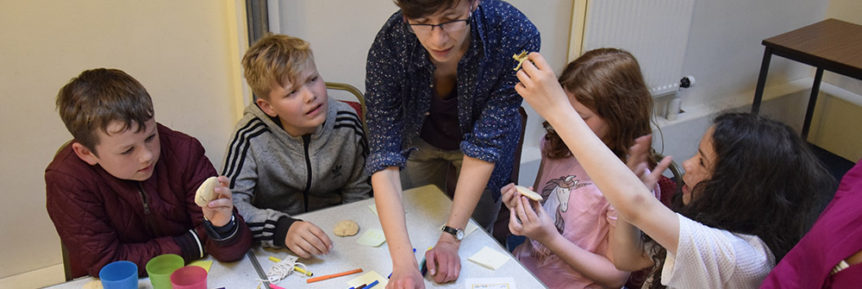The findings and analysis of People Know How’s recent research which underlined the relative lack of knowledge and awareness about data connectivity and available support.
Regulating Connectivity: an analysis of domestic and international approaches
An analysis of domestic and international approaches to regulating connectivity, in response to action point one of the Connectivity Now campaign.
Exploring the intricacies of a national tech support helpline
This article explores the intricacies of a national technical support helpline like the Connecting Scotland helpline run by People Know How.
Social Innovation Model: Reconnect
An examination of how People Know How’s Social Innovation Model is used to develop and deliver Reconnect, supporting adults and families to improve wellbeing.
Parent and carer engagement with children’s digital lives
This article employs a human rights based framework to investigate the preparedness of parents and carers in engaging digitally with their child.
Digital exclusion of homeless people
The world is getting progressively digitalised but this is causing a greater exclusion for those living on the streets.
Empowering children and young people through engagement with STEM
As children develop toward adolescence, neurological changes occur in the brain that heighten their inherent curiosity and ability to think critically. In order to utilise these new abilities effectively, young adults must be internally motivated. They must learn because it feels good, not just because they want to get an A or get accepted to a good university. Curiosity, creativity …
Elderly people and digital inclusion
The Research Briefing explores literature based on the befriending and mentoring relationships and evaluate the evidence base for this topic.
Substance misuse recovery: an digital technology be used to support the process?
Exploring how digital technology can be used to support substance misuse recovery, maintaining abstinence and improving quality of life.
Digital participation and disability
To improve digital participation of adults with disabilities the legislation needs to be enforced and grants should be created to provide assistive technology.










